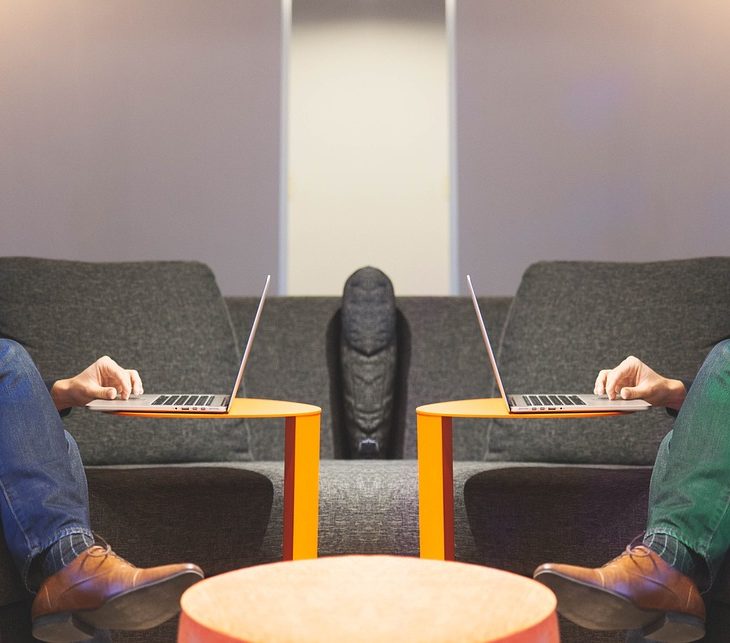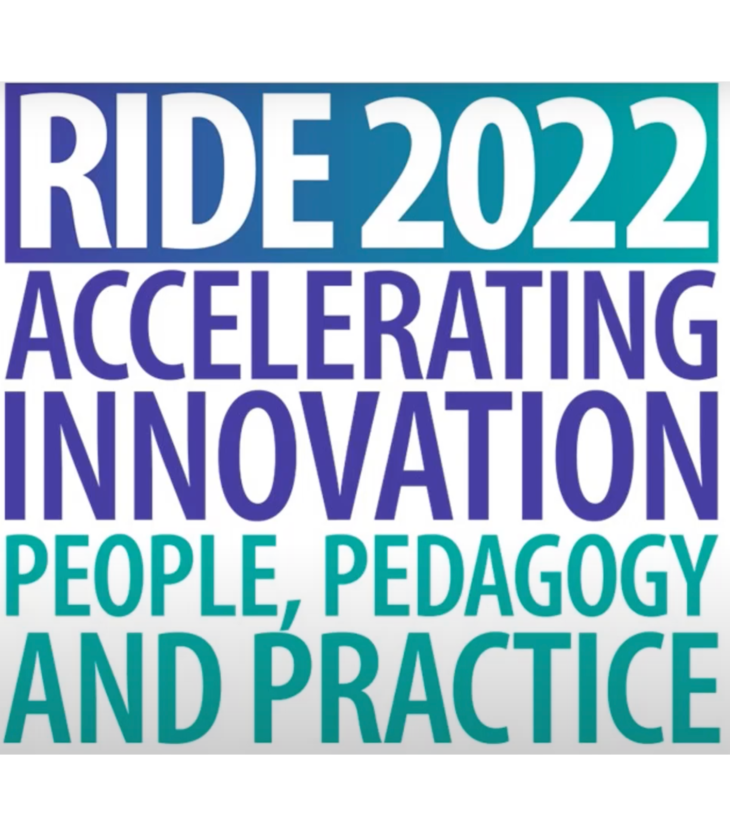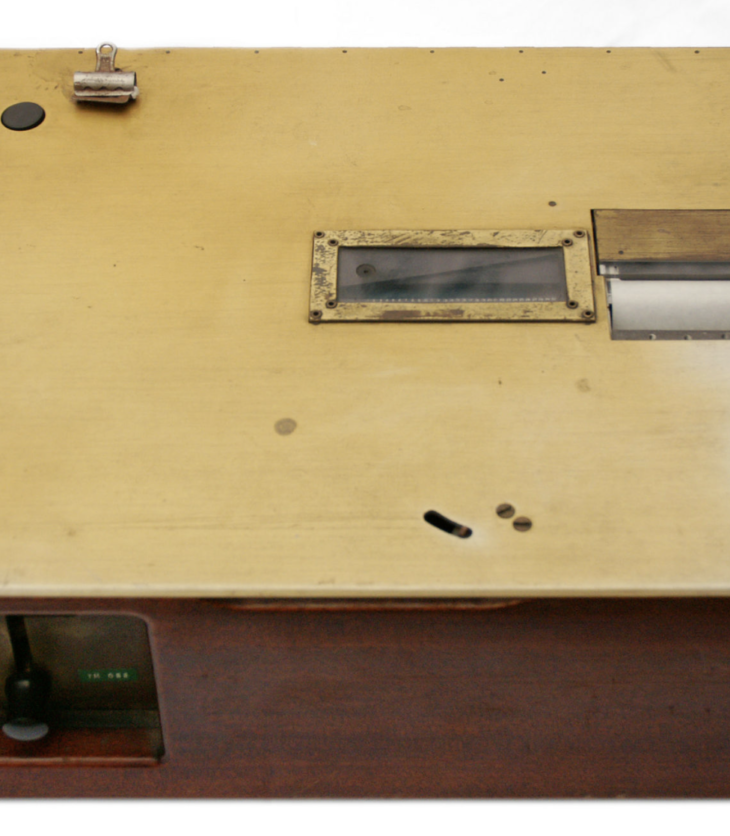In this post, I’ll outline how we’re using artificial intelligence (AI) to help us develop online learning and I’ll share four key pieces of advice based on what we’ve learned this year.
Category: Learning design
Recently I had cause to question my own advice when my life as an online Master’s student collided with my professional role as a learning designer.
How we used an assessment technique called adaptive comparative judgement to help learners distinguish between good and bad interview practice, and how we used a novel animation technique to create video on a budget.
Here we share how we taught sensitive subjects online by developing an animated forensic psychology case study which uses stylised illustrations, narrated by a voice emulator.
Here, we discuss how using podcasts in an online programme allowed students to hear real life stories from the world of international business.
Developing good online learning is a complex and messy business. At the University of London…
Today our online students are back and we’re launching 16 new, fully online modules across…
One of the most enjoyable aspects of working in online education is collaborating with creative…
Our community of learners stretches far and wide; we have students from all over the…
Thoughts on the theory-practice gap in online education collaborations.










